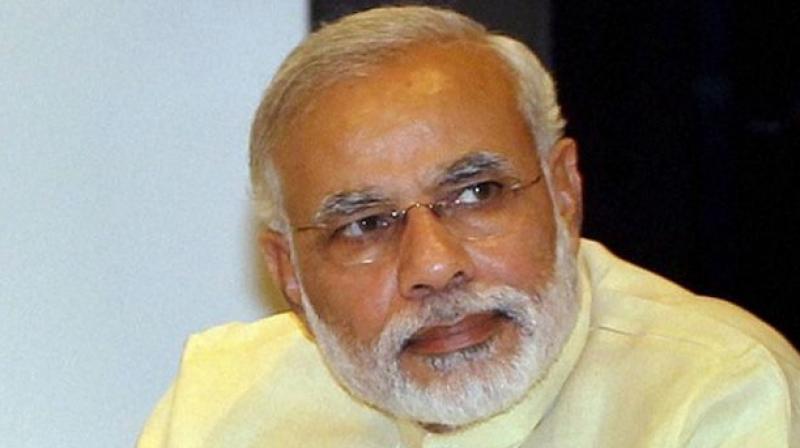India gets direct access to black money in Swiss: What does it mean
Switzerland has finally ratified automatic exchange of financial account information with India.

Mumbai: In a significant step towards tracing black money stashed in foreign bank accounts, Switzerland on Friday has ratified automatic exchange of financial account information with India.
For long, Switzerland has been regarded as the haven for black money hoarders from various countries including India. This move marks the end of Switzerland’s banking secrecy.
India should now automatically be able to access transactions made by Indians with Swiss banks after September 2019 and information of accounts held by Indians residing in Switzerland for 2018 and the subsequent years.
Black money in Swiss accounts has been a point of contention between India and Switzerland. According to the Economic Times, the finance ministry had said there is no official account of black money held by Indians in Swiss banks.
Switzerland’s ratification has emerged as a result of hectic parleys between India and Switzerland for introduction of the AEOI (Automatic Exchange of Information) on tax matters under the guidance of G20, OECD and other global organisations.
The Swiss Federal Council, which is the top governing body of the European nation, said the proposal to introduce AEOI with India and others was "met with widespread approval from the interested parties who voiced their opinions in the consultations".
"In concrete terms, the AEOI will be activated with each individual state or territory by means of a specific federal decree within the framework of this dispatch," it added.
Friday’s decision is not subject to any referendum -- which implies there should be no further procedural delay in its implementation. The exchange of information will be carried out based on the Multilateral Competent Authority Agreement (MCAA) on the Automatic Exchange of Financial Account Information, which is in turn based on the international standard for the exchange of information developed by the Organisation for Economic Co-operation and Development (OECD).
The federal council said it will prepare a situation report before the first exchange of data, which is planned for autumn 2019. "In the process, it will be checked whether the state sand territories concerned effectively meet the requirements under the standard, especially those concerning confidentiality and data security.
In the past, India has taken several steps to sort out the issue of black money. These steps have included policy-level undertakings, enforcement of ground-level action, introduction of stringent legislative and administrative structures and usage of information technology.
In 2015, the government enacted a new law - 'The Black Money (Undisclosed Foreign Income and Assets) and Imposition of Tax Act, 2015' to specifically address the menace of black money in foreign accounts. 648 declarations involving undisclosed foreign assets worth Rs 4,164 crore were made when the government gave a one-time three months' compliance window. The government collected Rs 2,476 crore through tax and penalty in such cases.

